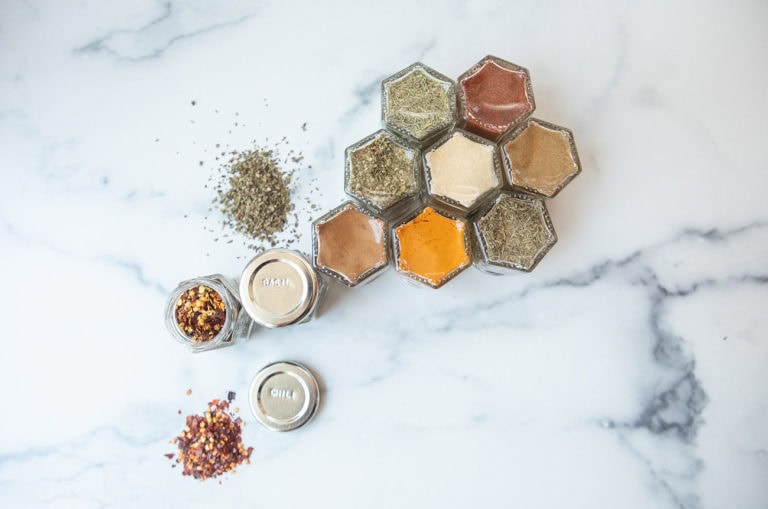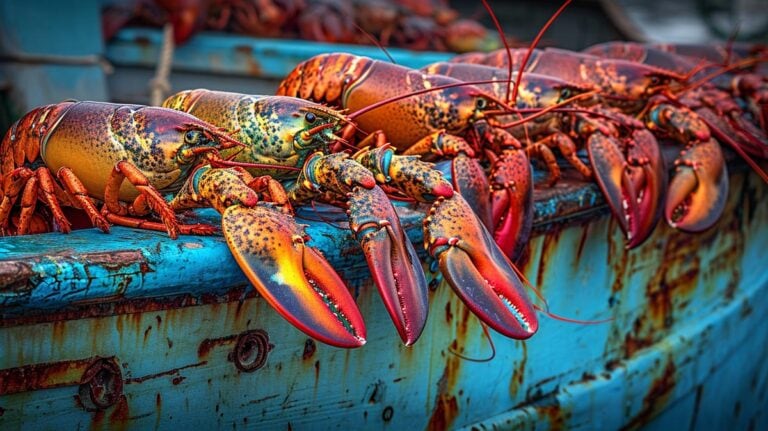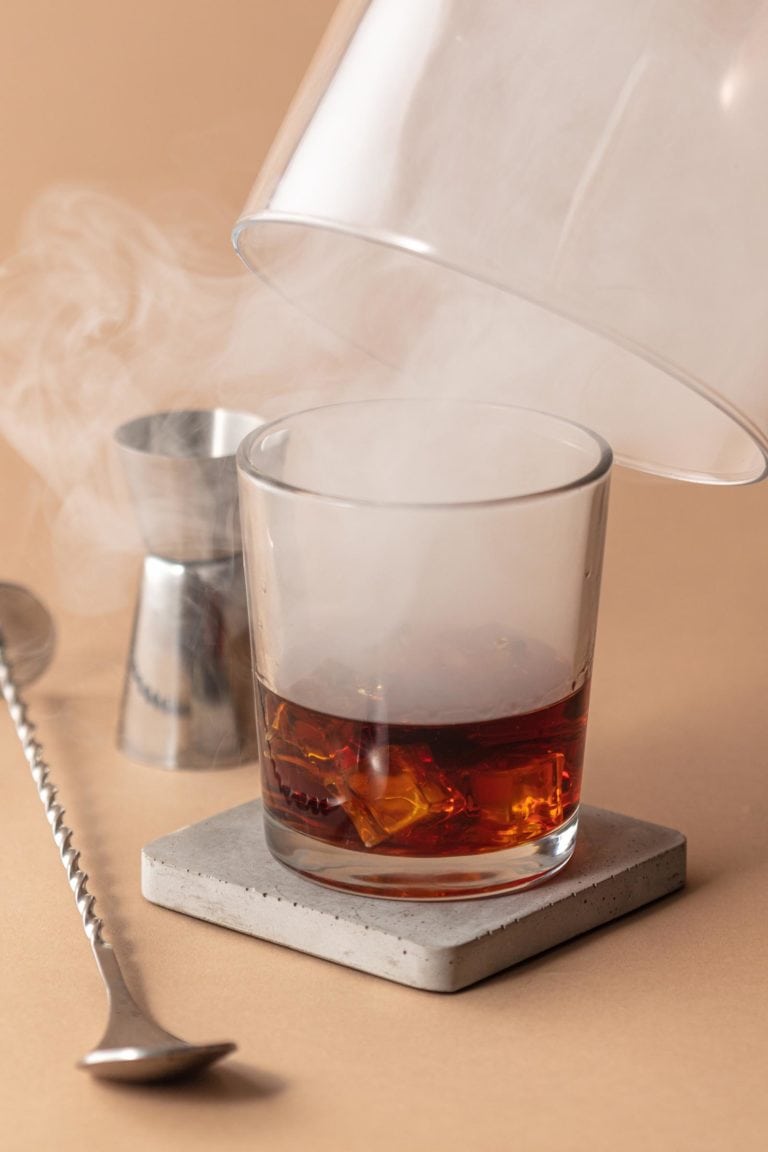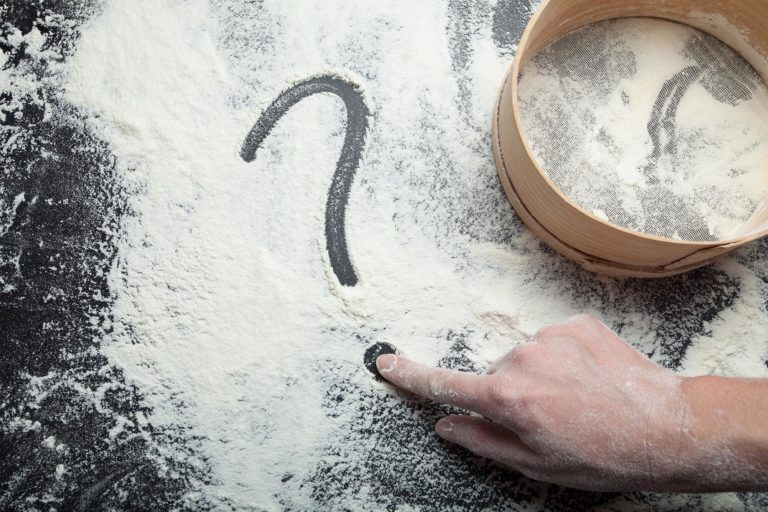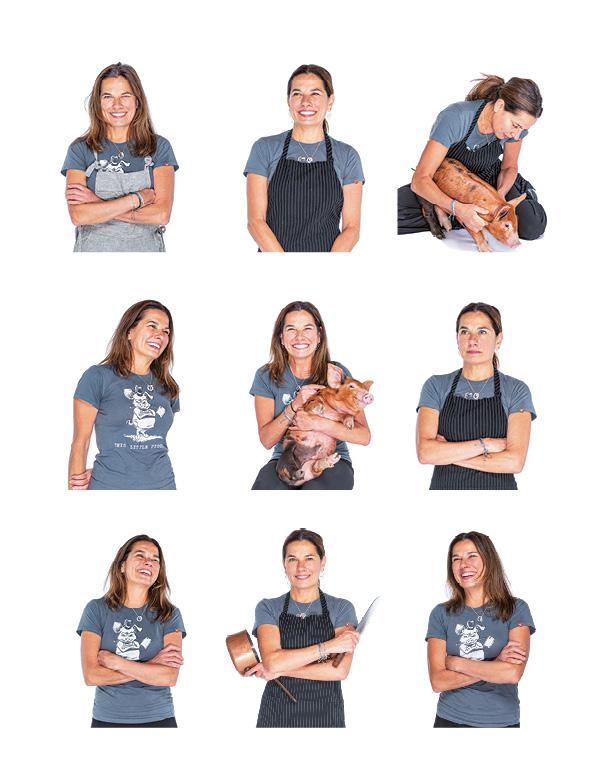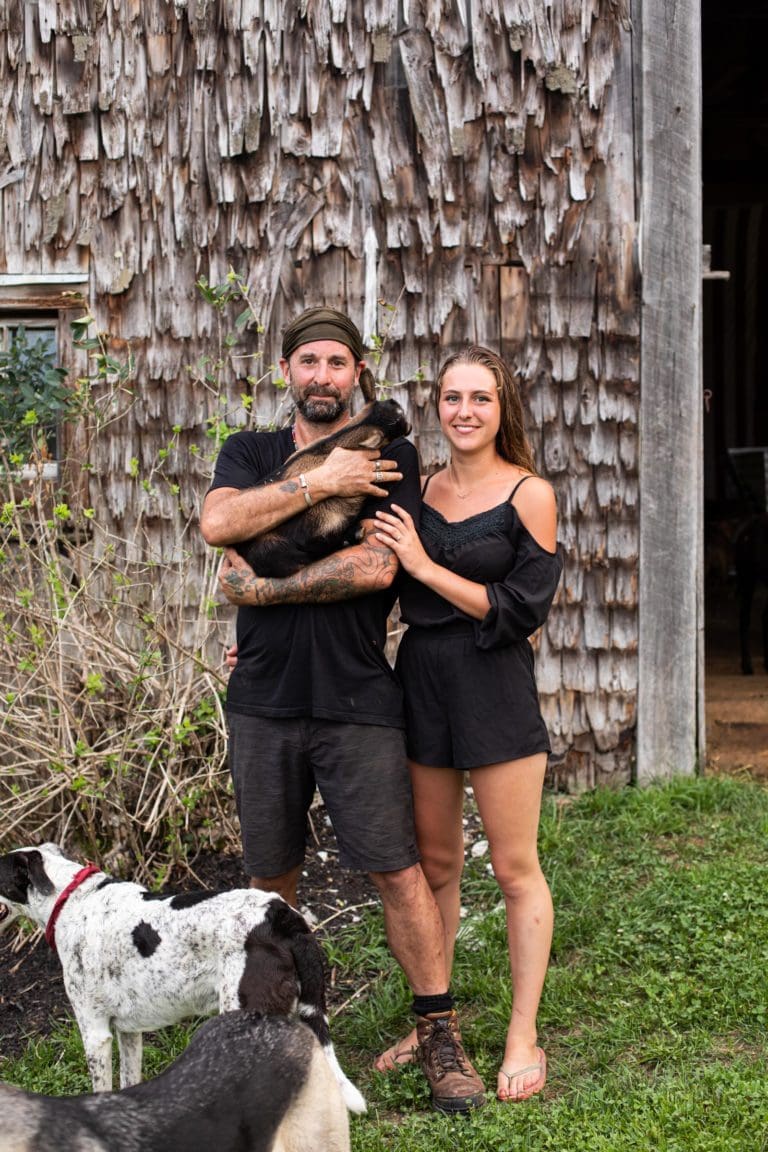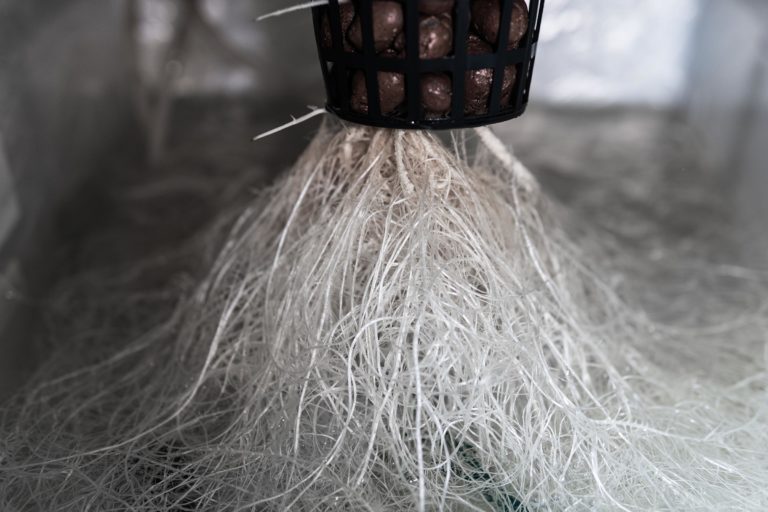Nancy Gruskin Warner is a commercial packaging engineer. Early in her career she designed, produced, and distributed child-resistant bottles, blister packs, cartridge boxes, and secure pouches for the pharmaceutical industry. When Colorado legalized recreational marijuana in 2012, Warner turned her attention to delivering similar products to the growing cannabis market there.
Her company, called AssurPack, makes sustainably sourced, child-resistant packaging (and the systems that assemble the packaging around the actual product) for all types of marijuana deliverables in most states where cannabis is sold legally. Warner is confident the proprietary technology AssurPack sells to edible producers will keep children under the age of 5 from getting to the infused products. The packaging has, after all, been certified by a third-party lab.
Most states require both THC labeling and lab-certified child-resistant packaging for all edibles sold on the recreational market. That’s why pre-rolls come in locked plastic tubes, gummies are sold in blister packs, chocolate bars come in right-sized clamshell boxes, and all products leave dispensaries in opaque exit bags kitted out with heavy-duty closures. In Maine, each single serving must be marked, stamped, or otherwise imprinted with the universal symbol for THC (a triangle with a cannabis leaf and the words “CONTAINS THC”).
But childproof packaging and labeling should not be parents’ only lines of defense against their kids accidentally ingesting cannabis. According to the Food and Drug Administration, national poison control centers received 10,448 single-substance exposure cases involving THC edibles between January 2021 and May 2022. Of these cases, 77% involved patients under 19 years of age, with 91% of these unintentional exposures affecting pediatric patients.
With this in mind, parents must also store their edibles safely, as they would medications and other potentially toxic products: out of reach or locked away, in the original packaging. After use, a product should immediately be put back into its safe location.
Parents should never consume marijuana edibles in front of children. Maine cannabis edible producers use high-quality ingredients and employ skilled culinarians to make their creations taste delicious, like candy. Eating them in front of the kids will present a temptation that children don’t need.
And parents must talk to family members, friends, and caregivers who might also consume THC-infused edibles. One study of unintentional marijuana exposure conducted in Colorado showed that while kids most often ate their parents’ edibles, they also ingested products owned by their grandparents, other family members, neighbors, friends, and babysitters. If your children spend time in the home of anyone who consumes marijuana edibles, make sure the edibles are stored safely and used out of the children’s view.
If your child does unintentionally ingest an edible, find out what and how much they ate. Call the free poison control hotline—1-800-222-1222—as soon as possible to determine the best course of action.








